Top 10 Tips To Write Clean Code
Writing clean code is an important skill for any software developer. Not only does it make your code easier to read and understand, it also makes it easier to maintain and debug. Here are 10 tips to help you write clean code:
1.Follow a consistent coding style
Following a consistent coding style is an important part of writing clean code. It helps to make your code more readable and easier to understand, and it can also help to prevent errors and inconsistencies.
There are many different coding styles and conventions that you can follow, and the one you choose will depend on your personal preference and the needs of your project. Some common coding styles include:
- The Google C++ Style Guide, which covers a wide range of topics including formatting, naming conventions, and commenting.
- The Python PEP 8 style guide, which provides guidelines for formatting and style in Python.
- The Java Code Conventions, which outline conventions for formatting, naming, and commenting in Java.
- The Microsoft C# Coding Conventions, which provide guidelines for coding style in C#.
Regardless of the specific style you choose, it’s important to be consistent and follow the guidelines consistently throughout your project. This will make your code easier to read and understand, and will also make it easier for others to contribute to your project.
2.Use descriptive and meaningful names for variables, functions, and other identifiers
Using descriptive and meaningful names for variables, functions, and other identifiers is an important part of writing clean code. It helps to make your code more readable and easier to understand, and it can also help to prevent errors and confusion.
Here are some tips for choosing descriptive and meaningful names:
- Use nouns or noun phrases to name variables and functions, rather than abbreviations or acronyms. For example, use “customerName” instead of “custName”.
- Use descriptive names that clearly convey the purpose or meaning of the identifier. For example, use “orderTotal” instead of “x”.
- Avoid using vague or ambiguous names, such as “data” or “temp”.
- Use consistent naming conventions throughout your code. For example, you might choose to use camelCase for variables and PascalCase for functions.
By following these tips, you can help make your code more readable and easier to understand, which will make it easier to maintain and debug.
3.Keep your code simple and avoid using complex or clever solutions unless they are absolutely necessary
Keeping your code simple is an important part of writing clean code. Complex or clever solutions may seem impressive at first, but they can often lead to confusion and make your code more difficult to maintain and debug.
Here are some tips for keeping your code simple:
- Avoid using complex data structures or algorithms unless they are necessary.
- Break your code up into small, modular pieces that can be easily tested and re-used.
- Use clear and concise code, rather than trying to pack too much functionality into a single function or block of code.
- Avoid using clever tricks or hacks unless they are necessary and well-documented.
By following these tips, you can help to keep your code simple and easy to understand, which will make it easier to maintain and debug. Remember that the goal of writing code is to solve problems, not to show off your skills or impress others.
4.Use comments to explain the purpose and function of your code, but avoid over-commenting
Using comments in your code can be a useful way to explain the purpose and function of your code to others, as well as to help you remember what you were thinking when you wrote it. However, it’s important to avoid over-commenting, as too many comments can make your code harder to read and maintain.
Here are a few tips for using comments effectively:
- Use comments to explain the purpose and function of your code, rather than the details of how it works.
- Avoid commenting on every line of code – this can make your code harder to read and maintain.
- Use comments to provide context or to explain the reasoning behind your code, rather than just describing what the code does.
- Use clear and concise language in your comments – long, verbose comments can be hard to read and understand.
- Keep your comments up-to-date – if you make changes to your code, be sure to update your comments to reflect those changes.
By following these tips, you can use comments effectively to help others understand your code and improve its readability and maintainability.
5.Avoid using global variables where possible, as they can be difficult to track and can lead to unexpected behavior
Global variables are variables that are defined outside of any function or class and are available to all parts of your code. While they can be useful in some cases, it’s generally a good idea to avoid using global variables where possible, as they can be difficult to track and can lead to unexpected behavior.
Here are a few reasons why global variables can be problematic:
- They can be difficult to track and debug, as they can be accessed and modified from anywhere in your code.
- They can lead to naming conflicts, as different parts of your code may use the same global variable name.
- They can make it harder to understand the flow of your code, as it may not be clear where a global variable is being accessed or modified.
- They can make your code harder to test and maintain, as changes to global variables can have unintended consequences throughout your code.
To avoid these problems, it’s generally a good idea to use local variables wherever possible, and to avoid using global variables unless there is a specific reason to do so. By minimizing the use of global variables, you can help to make your code more organized, maintainable, and easy to understand.
6.Avoid writing code that is prone to errors, such as code that relies on external data that may not always be available
Writing code that is prone to errors can make your application unreliable and difficult to maintain. To avoid writing code that is prone to errors, there are a few things you can do:
- Use error handling techniques to gracefully handle errors and exceptions. This can help to prevent your application from crashing or behaving unexpectedly when an error occurs.
- Test your code thoroughly to ensure that it is working correctly and efficiently. This can help you catch and fix errors before your code is deployed.
- Avoid writing code that relies on external data that may not always be available. For example, if your code relies on data from an external API, you should consider what will happen if the API is unavailable or returns an error.
- Use defensive programming techniques to guard against unexpected input or conditions. This can help to prevent errors and ensure that your code is robust and reliable.
By following these tips, you can help to reduce the number of errors in your code and make your application more reliable and maintainable.
7.Keep your code up-to-date and refactor it as needed to improve readability and maintainability
Keeping your code up-to-date and refactoring it as needed is an important part of maintaining a clean and maintainable codebase. There are a few reasons why it’s important to keep your code up-to-date:
- New technologies and best practices: As new technologies and best practices emerge, it’s important to update your code to take advantage of them. This can help to improve the performance and reliability of your code.
- Security vulnerabilities: If security vulnerabilities are discovered in the libraries or frameworks you are using, it’s important to update your code to fix those vulnerabilities.
- Code quality: Over time, codebases can become cluttered and hard to maintain. By regularly refactoring your code, you can help to improve its readability and maintainability.
To keep your code up-to-date and refactor it as needed, you can:
- Use version control systems like Git to track changes to your code and make it easier to roll back or revert changes if necessary.
- Use automated tools to help you catch and fix issues with your code.
- Regularly review your code and look for areas that can be improved or refactored.
By keeping your code up-to-date and refactoring it as needed, you can help to ensure that it is reliable, efficient, and easy to maintain.
8.Avoid repeating code unnecessarily – instead, use functions and modules to DRY (don’t repeat yourself) your code
Avoiding repeating code unnecessarily is an important principle of clean and maintainable code. When you repeat code, it can make your codebase harder to understand and maintain, as you have to keep track of multiple copies of the same code. It can also make it harder to make changes, as you have to update multiple copies of the code.
To avoid repeating code unnecessarily, you can use functions and modules to DRY (don’t repeat yourself) your code. Functions allow you to encapsulate a piece of code and reuse it multiple times, while modules allow you to group related functions and data together and reuse them in different parts of your code.
Here are a few tips for using functions and modules to DRY your code:
- Use functions to encapsulate code that performs a specific task or calculation.
- Use modules to group related functions and data together and make it easier to reuse them in different parts of your code.
- Avoid copying and pasting code – instead, use functions and modules to reuse code where possible.
By following these tips, you can help to make your code more organized, readable, and maintainable, and avoid repeating code unnecessarily.
9.Avoid using magic numbers and strings – instead, define constants or use enums to make your code more readable
Magic numbers and strings are values that are used in code without being given a descriptive name or context. They can make your code more difficult to understand and maintain, as it can be hard to know what they represent without looking up their meaning.
To avoid using magic numbers and strings, you can define constants or use enums to give them a descriptive name and context. Constants are values that are defined once and cannot be changed, while enums are sets of named constants that can be used to represent a set of related values.
Here are a few tips for using constants and enums to make your code more readable:
- Use constants to give descriptive names to values that are used frequently or that have a specific meaning in your code.
- Use enums to represent sets of related values, such as the days of the week or the states of a process.
- Avoid using magic numbers and strings in your code – instead, use constants or enums to give them a descriptive name and context.
By following these tips, you can help to make your code more readable and easier to understand, and avoid using magic numbers and strings unnecessarily.
10.Use design patterns and best practices to help you write efficient and maintainable code
Design patterns and best practices are established ways of solving common problems and designing code that is efficient and maintainable. By using design patterns and best practices, you can structure your code in a way that is easy to understand and maintain, and avoid common pitfalls and mistakes.
There are many different design patterns and best practices that you can use in your code, depending on the language and the specific needs of your project. Some common design patterns for web development include:
- Model-View-Controller (MVC): This design pattern separates the data model, the user interface, and the control logic of an application, making it easier to develop and maintain.
- Factory: This design pattern provides a way to create objects in a super class, but allow subclasses to alter the type of objects that will be created.
- Singleton: This design pattern ensures that a class has only one instance, and provides a global access point to it.
Some best practices for web development include:
- Don’t repeat yourself (DRY): This principle advises developers to avoid repeating code unnecessarily and to use functions, modules, and other techniques to reuse code where possible.
- Keep it simple, stupid (KISS): This principle advises developers to keep their code simple and easy to understand, rather than trying to write complex or clever solutions.


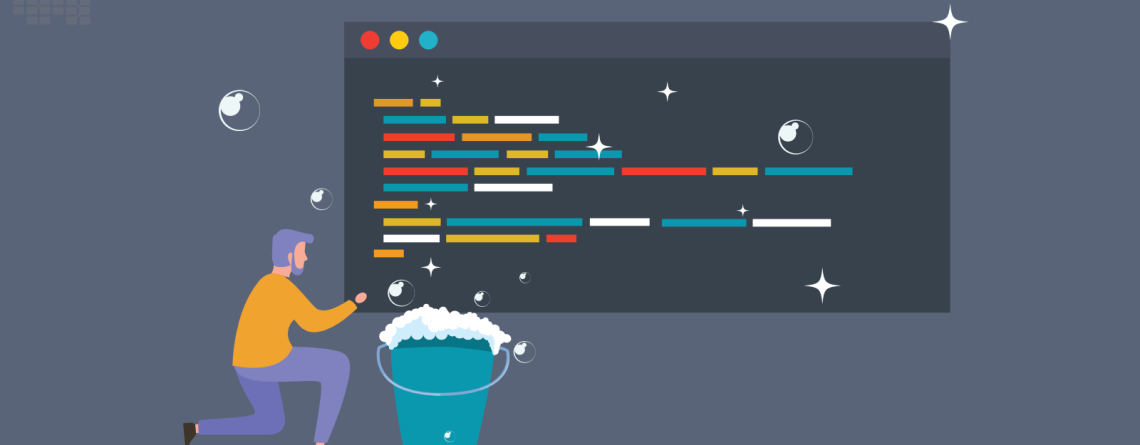


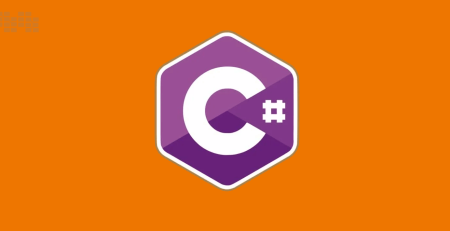
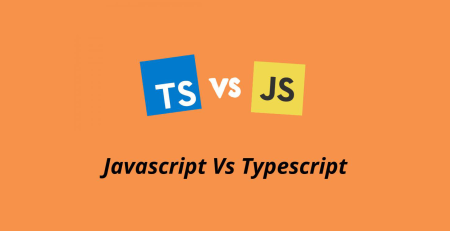

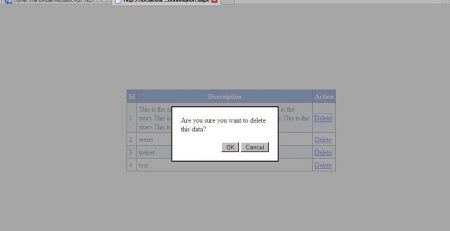
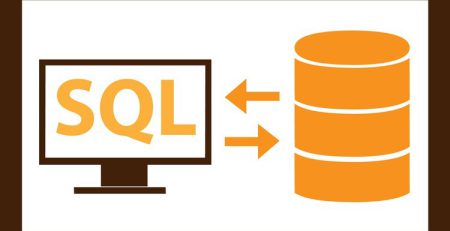


Leave a Reply